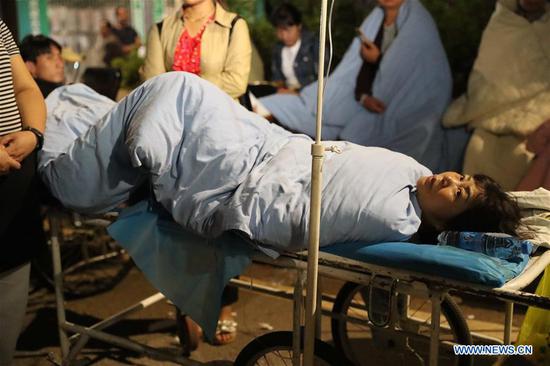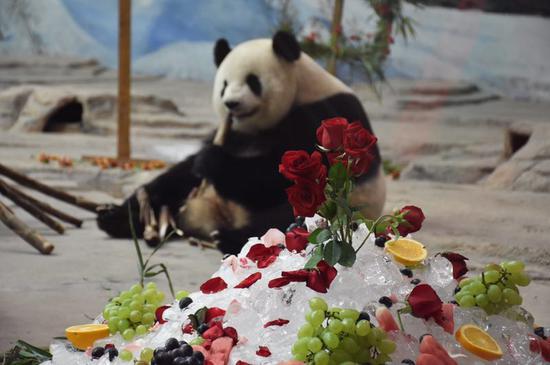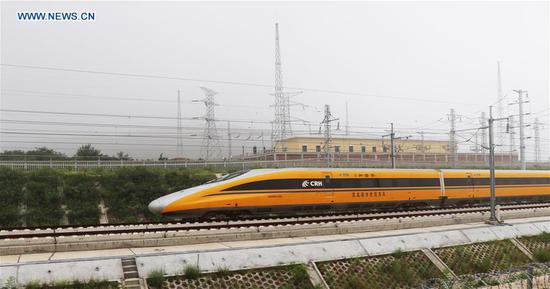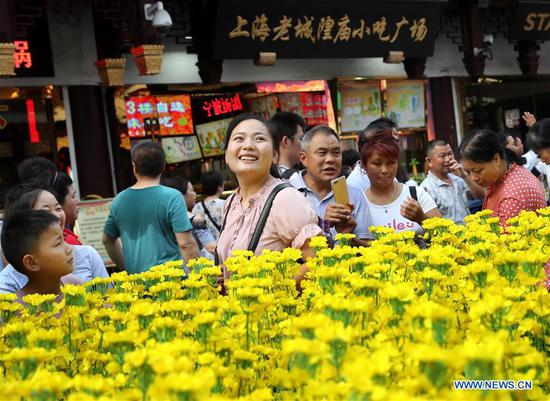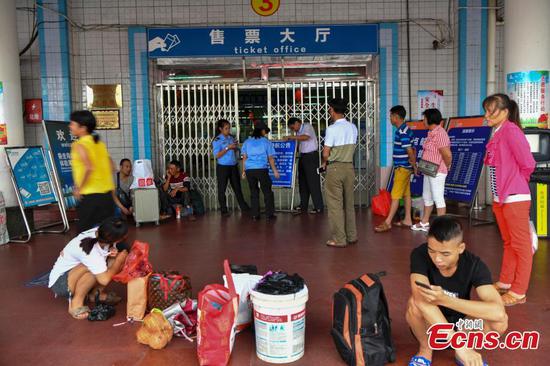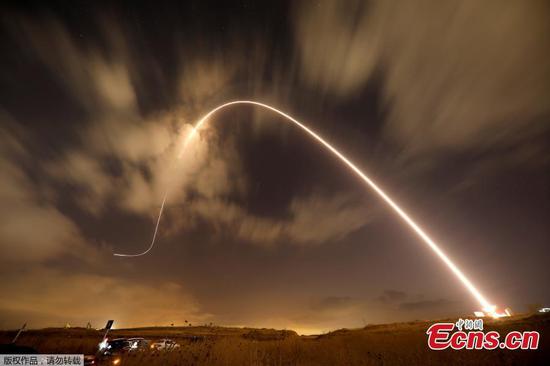Currency controls to end if market can 'overcome some challenges'
Despite expectations of a weakening yuan this year, a former senior official believes the Chinese currency should not see major fluctuations, and could become free-floating relatively soon, probably in less than three years.
"The yuan is expected to remain fundamentally stable over a period of time, as the currency fluctuation is determined by economic fundamentals and the economy will likely remain healthy," said Guan Tao, a former director of the International Payments Department of the State Administration of Foreign Exchange.
China's economy extended its steady growth, expanding higher than expected by 6.8 percent year-on-year in the first half.
Yu Yongding, a senior researcher at the Chinese Academy of Social Sciences, said during a forum held over the weekend that significant depreciation of the yuan is not likely.
Guan, a senior researcher at the China Finance 40 Forum think tank, believes a market-oriented exchange rate regime should be firmly established before China is able to fully open its financial sector.
"The market is now faced with a tough challenge," Guan said.
"If the market is able to overcome some challenges, there is no barrier to achieving the goal," he said, referring to the recent scenario where rising market jitters are softening the renminbi to near the 7:1 exchange rate against the US dollar, which many market watchers consider a psychologically significant level.
His prediction comes at a time when yuan exchange rate policy seems to be at a crossroads in which China is able to either go full steam ahead, allowing its currency to go global and be completely market oriented, or slip into the old ways of currency controls.
The recent exchange rate erased earlier gains seen in the first six months with rising fears of deepening trade frictions with the US and concerns over more sluggish economic growth.
"While some people are talking about a negative story, it's not happening, and it is not likely to happen in the near future," said Guan.
The central bank has been trying to refrain from excessive tampering with the currency, and some temporary regulations concerning capital outflows have been halted as the economy retains its resilience to cope with external challenges, Guan added.
To improve the current regime, the government is able to give market players clear policy signals and improve stability for future policy orientation to help solidify market confidence, and thus cushion sharp fluctuations of the yuan.
An exchange rate regime where the currency's fluctuation is fully determined by market forces coupled with prudent macroeconomic regulations would be better than exerting capital controls, according to Guan.









